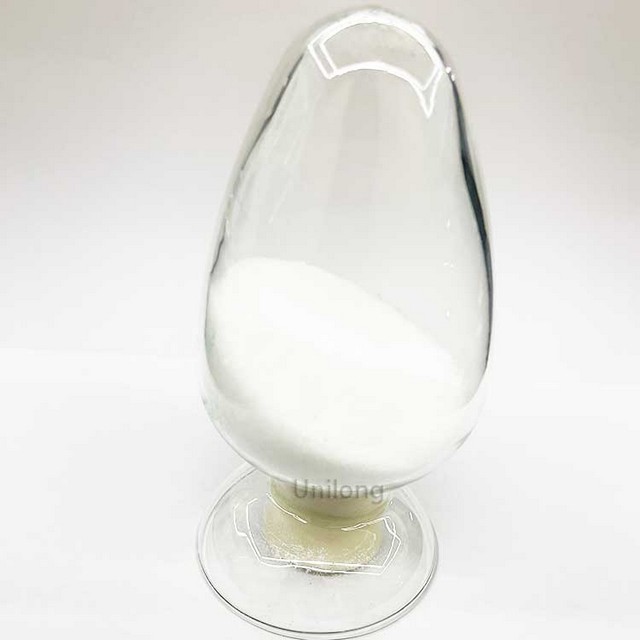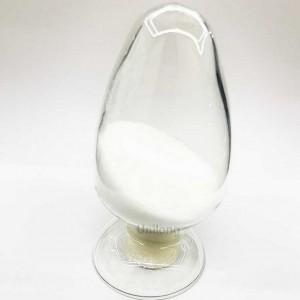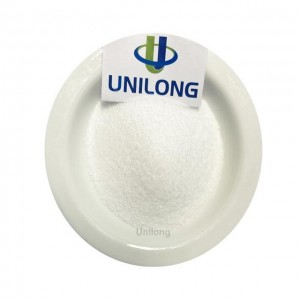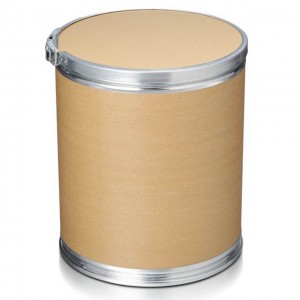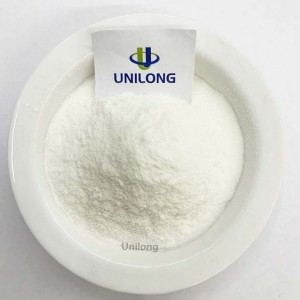Monopotassium Phosphite CAS 13977-65-6
Monopotassium phosphite, a chemical with the molecular formula KH2PO3, can be used as a direct bactericide and complexing agent for calcium and magnesium ions in industrial circulating water. Water treatment agent that can replace organophosphines to reduce environmental pollution.
| ITEM
|
SPECIFICATION
|
RESULT
|
| Content
|
98%MIN
|
98.29%
|
| CHLORIDE
|
0.001%MAX
|
0.0005%
|
| Remnant in water
|
0.3%MAX
|
0.12%
|
| MOISTURE
|
1%MAX
|
0.8%
|
| IRON(mg/kg)
|
50MAX
|
5
|
| PH Volue
|
4.0-5.0
|
4.1
|
| Heavy metal(mg/kg)
|
50MAX
|
2
|
| MOISTURE
|
1%MAX
|
0.8%
|
| P2O5
|
58%Min
|
58.16%
|
| K2O
|
38%Min
|
38.54%
|
| APPEARANCE
|
White crystal
|
White crystal
|
1.Monopotassium phosphite is a high-phosphorus and high-potassium fully water-soluble fertilizer. After application, crops can quickly replenish phosphorus, potassium and various trace elements. It can control and strengthen crop shoots, promote flower bud differentiation, expand fruit, mature early, and increase yield. Improve quality.
2.Reduce nutrient deficiency symptoms in crops, such as leaf yellowing, deformity, small leaves, flower drop, fruit cracking, etc.
3. Not easily fixed in the soil, easy to be absorbed, and has high absorption and utilization rate.
4.Monopotassium phosphite is not easy to antagonize trace elements and has a neutral pH value. It can be mixed with most pesticides and fertilizers.
5. When pathogenic bacteria invade, potassium Monopotassium phosphite can induce the seedling cells to produce lignin, increase the thickness and hardness of the cell wall, and prevent the invasion and expansion of pathogenic bacteria.
6. Trivalent phosphorus ions have a strong killing effect on fungi and bacteria, and have preventive and therapeutic effects on most diseases such as ulcers.
7.Monopotassium phosphite is a registered fungicide abroad and is resistant to diseases such as downy mildew, powdery mildew, scab, Phytophthora, root rot, etc.
25kg/bag 20’FCL can hold 24 tons.
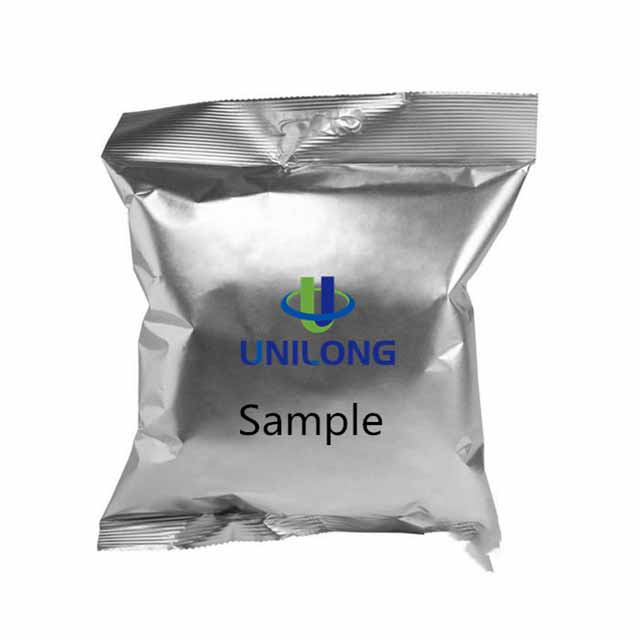
Monopotassium Phosphite CAS 13977-65-6
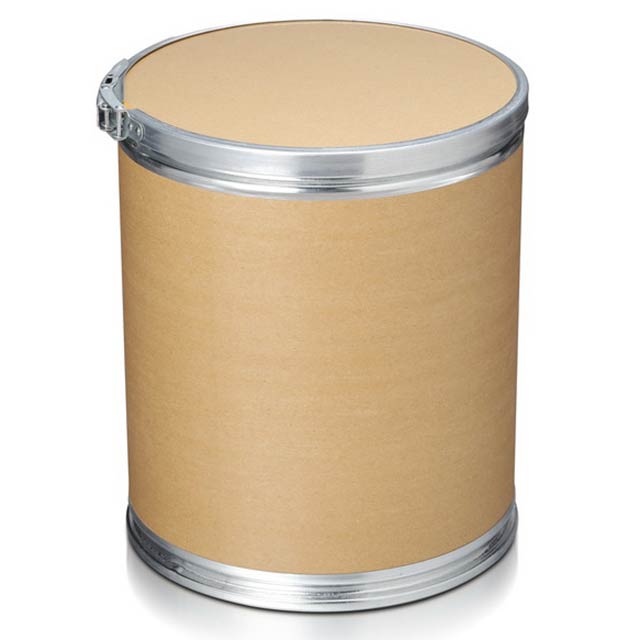
Monopotassium Phosphite CAS 13977-65-6


